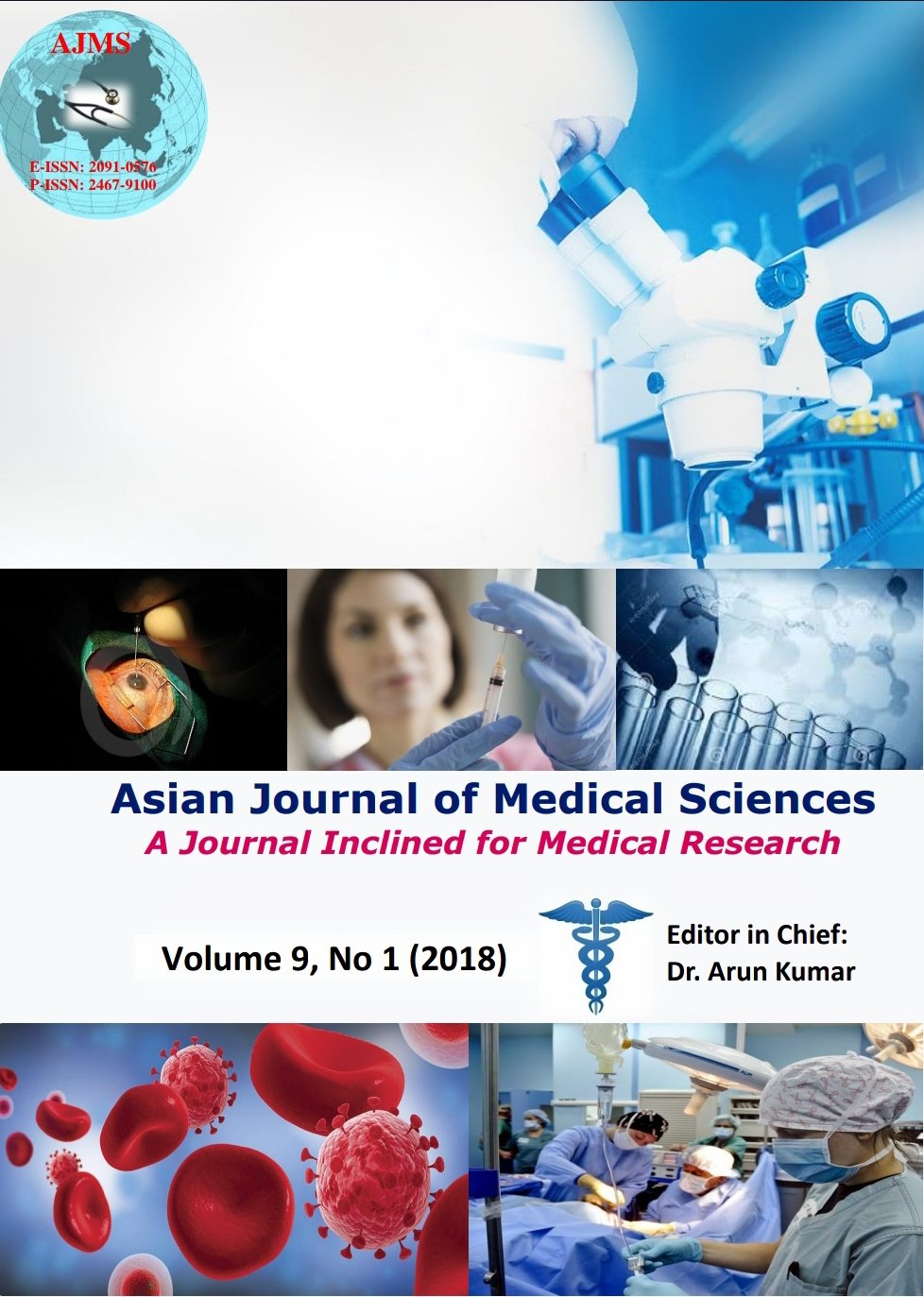Are fresh medical graduates, well trained to take up Urinary Catheterization?: A study to assess the knowledge, attitude and practice of Urinary catheterization among freshers in a tertiary care hospital
Keywords:
Urinary catheterization, Knowledge, Attitude, Practice, Quality patient ManagementAbstract
Background: Urinary catheterization is an integral part of patient management. At the same time it is also a major source of morbidity if not done properly. In spite of being an important procedure, most of the time it is performed by junior most member of the team. Huge gap in knowledge and skill has been detected among junior doctors as far as urinary catheterization is concerned. Proper training under experienced doctors is required to reduce the gap for better patient management.
Aims and Objectives: This study aims to assess the knowledge, attitude and practice of urinary catheterization among residents (interns, house staff {HS} and post graduate trainees {PGT}) attached to the different departments in a medical college hospital in south Bengal.
Materials and Methods: A hospital based crosssectional study was conducted with the help of pre tested questionnaire among 200 residents in the department of surgery. The data obtained were analyzed for different parameters. Ethical clearance was taken from the Institutional Ethical Committee.
Results: Residents with good theoretical understanding (82%) and practical training (82.5%) regarding urinary catheterization had better knowledge, attitude and practice compared to residents with less theoretical and practical exposure (p<0.05). 75% participants (150/200) who received supervision during their first catheterization had more knowledge (p=0.00), better attitude (p=0.04) and practice (0.02). It was also revealed that there was significant difference between the knowledge and attitude of interns compared to HS and PGT’s (p =0.00) but the difference between HS and PGT’s was not significant (p >0.05). Difference of practice of intern with HS and PGT’s as well as difference of practice between HS and PGTs all were significant (p = 0.00).
Conclusion: Pre procedural theoretical, practical exposure and expert supervision are significantly effective in terms of improvement of knowledge, attitude and practice of Residents. These rubrics so be included in the assessment of medical students and adoption of soft skills in their curriculum could make them efficient enough to manage the emergencies. Training should be designed in step by step approach which should be managed by an experienced urologist.
Asian Journal of Medical Sciences Vol.9(1) 2018 50-54
Downloads
Downloads
Additional Files
Published
How to Cite
Issue
Section
License
Authors who publish with this journal agree to the following terms:
- The journal holds copyright and publishes the work under a Creative Commons CC-BY-NC license that permits use, distribution and reprduction in any medium, provided the original work is properly cited and is not used for commercial purposes. The journal should be recognised as the original publisher of this work.
- Authors are able to enter into separate, additional contractual arrangements for the non-exclusive distribution of the journal's published version of the work (e.g., post it to an institutional repository or publish it in a book), with an acknowledgement of its initial publication in this journal.
- Authors are permitted and encouraged to post their work online (e.g., in institutional repositories or on their website) prior to and during the submission process, as it can lead to productive exchanges, as well as earlier and greater citation of published work (See The Effect of Open Access).




